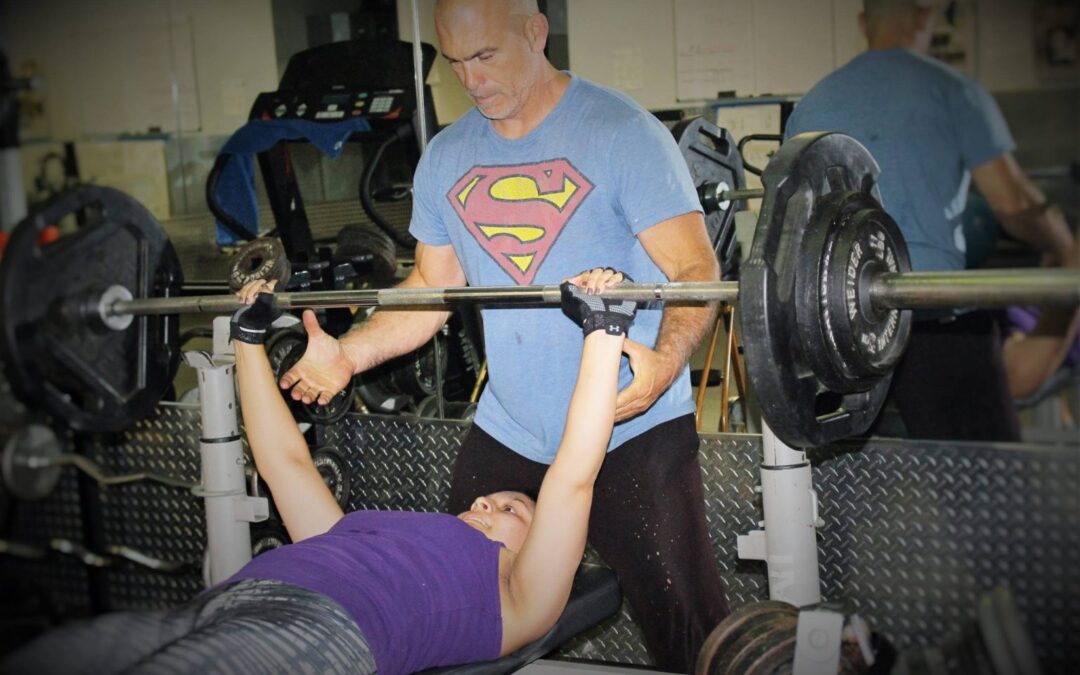Understanding the Victim Mindset: What It Is and How to Overcome It
The concept of the victim mindset refers to a psychological state where individuals perceive themselves as powerless, blaming external factors or others for their problems. This mindset is characterized by a lack of personal accountability, often leading to feelings of helplessness, low self-esteem, and a tendency to focus on negative outcomes. From a coaching perspective, understanding this mindset is crucial in helping individuals reclaim their power and improve their overall well-being.
What Is the Victim Mindset?
In psychology, a victim mindset is linked to learned helplessness, a theory introduced by Martin Seligman in the 1960s. Learned helplessness occurs when people repeatedly face negative situations and come to believe they cannot change them, even when opportunities for improvement arise. This mindset may develop due to prolonged exposure to trauma, failure, or negative reinforcement.
People with a victim mindset often exhibit the following behaviors:
- Blaming Others: Instead of taking responsibility, they attribute failures to external causes.
- Focus on Problems, Not Solutions: They dwell on difficulties rather than seeking ways to overcome them.
- Lack of Initiative: Believing that efforts won’t make a difference, they often refrain from trying to improve their situation.
- Negative Self-Talk: Their inner dialogue is usually pessimistic, reinforcing the belief that they are stuck in their circumstances.
Effects on Individuals and Communities
The victim mindset can have a significant impact on both individuals and their communities. For the individual, this mindset often leads to stagnation and dissatisfaction in life. It prevents growth and achievement by perpetuating a belief that they are at the mercy of circumstances. Over time, this can contribute to mental health issues like anxiety, depression, and chronic stress.
In a community setting, the victim mindset can spread negativity and hinder collective progress. When multiple people in a group hold this mindset, it can result in a culture of blame and inaction. Productivity decreases, and the community struggles to find solutions to common problems because members believe they have little control over outcomes. This environment fosters division rather than collaboration.
Changing the Victim Mindset
From a coaching perspective, shifting out of a victim mindset requires intentional effort and psychological techniques to promote personal empowerment. Here are key strategies to facilitate this change:
- Cognitive Behavioral Therapy (CBT): This psychological approach helps individuals recognize and change negative thought patterns. By identifying distorted thinking, such as “I can’t control my life,” people can replace these thoughts with more constructive beliefs, like “I have the power to make different choices.”
- Accountability: Encouraging personal accountability is a powerful tool in breaking the cycle of the victim mindset. Coaches can guide clients to focus on what they can control, which empowers them to take responsibility for their actions and outcomes.
- Reframing: This involves changing the perspective on challenging situations. Instead of viewing difficulties as setbacks, coaches can help clients see them as learning opportunities. This fosters resilience and promotes a proactive attitude.
- Self-Compassion and Positive Self-Talk: A coaching approach often emphasizes self-compassion, where individuals learn to treat themselves kindly rather than harshly. Alongside this, cultivating positive self-talk can reshape their internal narrative, encouraging a growth mindset rather than a fixed, victimized one.
- Setting Goals: Small, achievable goals can help individuals regain a sense of control over their lives. As they experience success in reaching these goals, they begin to rebuild confidence and recognize their capacity to influence their future.
- Surrounding with Positive Influences: Encouraging individuals to engage with positive, solution-oriented communities can also help break the victim mindset. Supportive environments foster growth and reinforce a more empowered outlook.
Conclusion
The victim mindset is a pervasive psychological state that affects both individuals and their communities. By fostering feelings of helplessness and negativity, it can severely limit personal growth and collective progress. However, with tools like CBT, personal accountability, and reframing techniques, people can shift from a victim to an empowered mindset. As coaches, it’s vital to help individuals reclaim control, build resilience, and focus on personal growth to thrive in their lives and communities.
This approach aligns with the Thrive with Martin philosophy, which emphasizes self-empowerment and growth for a fulfilling life.
Sources:
- Seligman, M. E. P. (1975). Learned Helplessness: On Depression, Development, and Death. San Francisco: W.H. Freeman.
- Neff, K. D. (2011). Self-Compassion: The Proven Power of Being Kind to Yourself.

